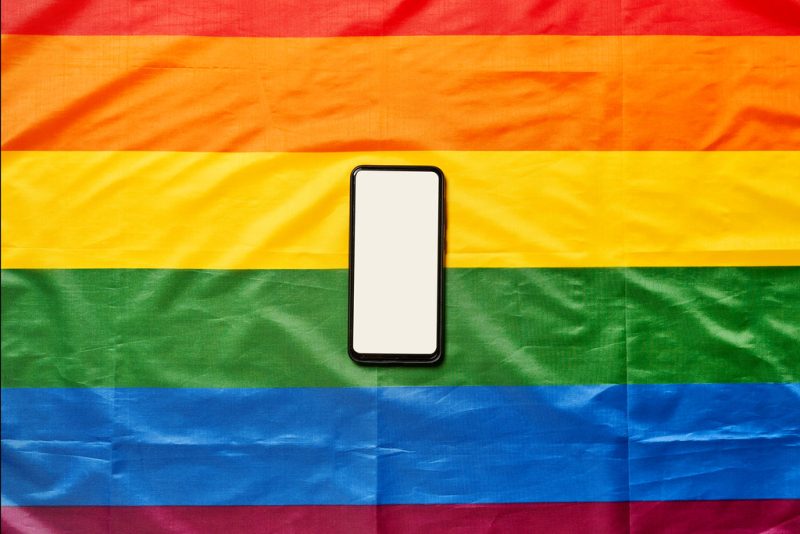Since April 2023, India’s Supreme Court has been considering the possibility of reversing its policy and legalizing gay marriage. The nation has a population of around 1.4 million people, meaning it proportionally has a massive LGBTQ minority. Petitioners have been voicing their desires for change to the courts for a while now, but the court is expected to make a decision soon.
Powerful detractors come in the form of the conservative and Hindu/theological Bharatiya Janata Party, which, led by Prime Minister Narendra Modi, dominates India’s current ruling coalition. This party’s supporters have claimed that the idea of same-sex marriage is a “Western” concept, arguing that the policy change’s “urban” values have “no basis” in the Indian constitution.
However, stories like that of Susan Dias and Aditit Anand illustrate the humanity behind the politics. Both being women, only one of them can stand as their child’s legal guardian as the law stands, raising questions about things like who has the legal authority to make medical decisions.
“I want my son to have two legitimate, lawful parents,” Dias said.
This is a landmark decision. While it has been mostly Western nations who have made a policy of legalizing gay marriage in recent years, human rights apply to everyone equally. Even as minority groups get justice in some areas of the world, there are plenty of countries where they still are persecuted. But this doesn’t always have to be the case, and there are reasons for optimism in a normally harsh global political climate. For instance, the re-evaluation of previous law in a more “conservative” country like India shows massive progress. It is in the interest of all states that want to work for world peace to support policies like this. This is because even if many people aren’t part of the group affected, their overall welfare still increases with the protection of human rights.
Although Hindu mythology in India has stories dating back centuries involving characters who we today would call queer, including men who transform into women and other “third gender” characters, homosexuality was criminalized in 1860, when India was a colony of England and under the rule of the British Empire, says an article from C.N.N. Even after gaining independence in 1947, however, the laws remained.
In more recent years, Modi’s administration has worked to remove marks of British rule, removing street signs and renaming public buildings. However, although England itself legalized “same-sex intercourse” in 1967, it took until 2018 for India’s courts to do the same, and Modi’s administration has continued to push for the old policies on gay marriage to stay instated. The fight for the right to marry is still raging today.
The Indian Supreme Court’s decision will impact the whole populace. There are many in India’s large population who will be directly affected by the choice, but this is a matter of utmost importance to anyone valuing world peace, because it would signify a step forward in a long history of struggle for equality. Implied in the overall concept of world peace are the principles of individual human dignity, human security, and the right to self-actualization, unmolested by government interference if it does not cause any harm to others. When one group receives rights that everyone else already has, the world as a whole improves.
- El Salvador Police Crackdown Pleases Many, Worries Rights Groups - January 4, 2024
- Libya Floods Kill Thousands - December 6, 2023
- Russian Helicopter Pilot Defects to Ukraine - November 16, 2023


